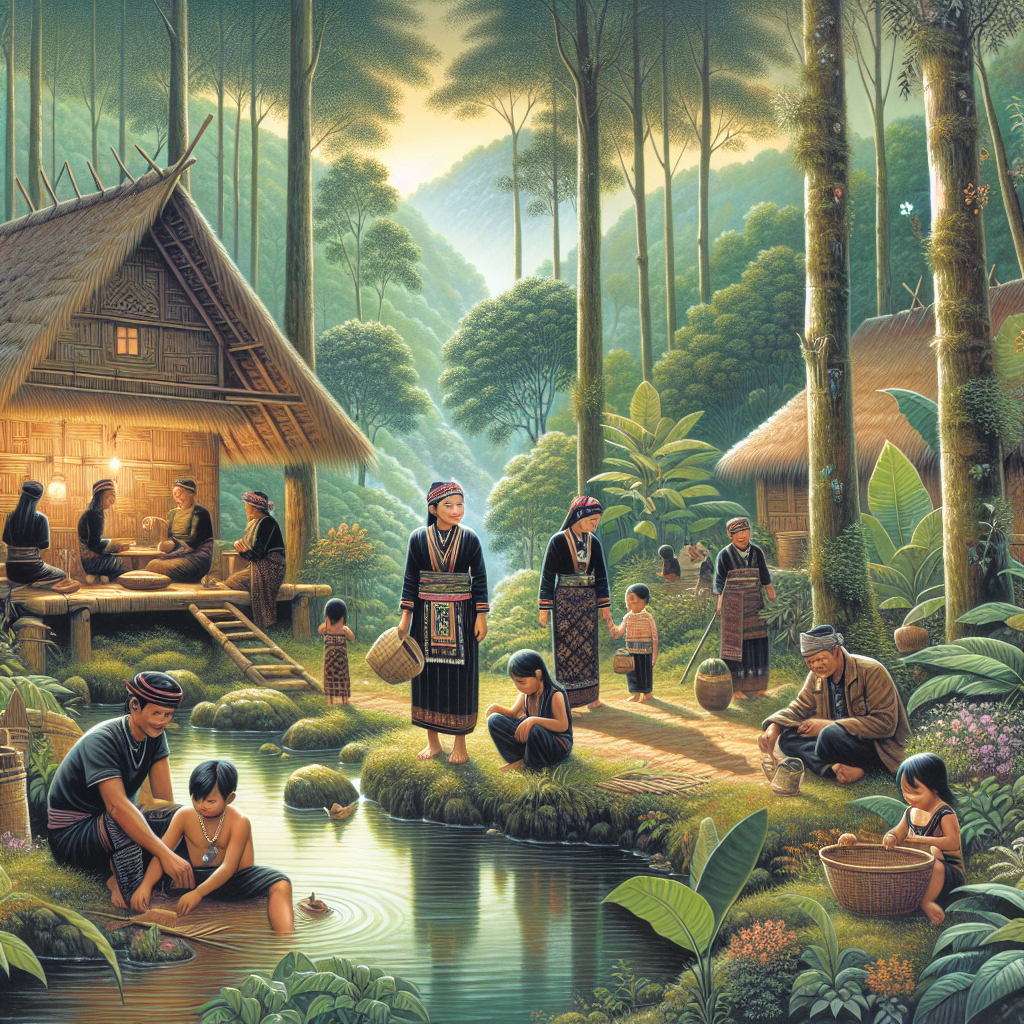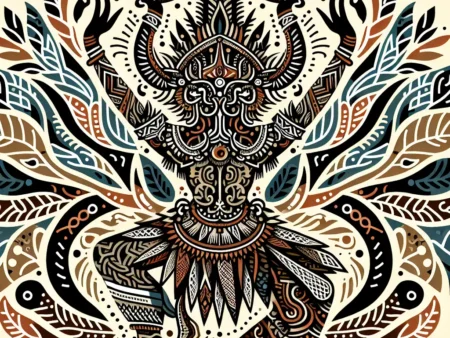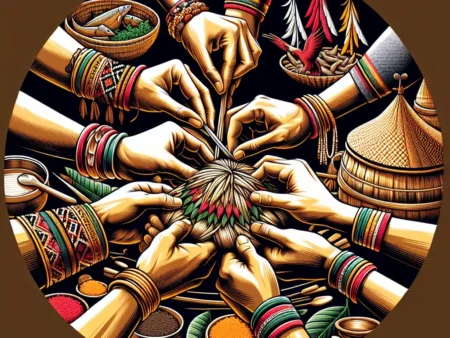Tradisi Masyarakat Baduy: Hidup Harmonis dengan Alam. Masyarakat Baduy menjaga keseimbangan dengan alam melalui tradisi dan gaya hidup mereka.
Tradisi Masyarakat Baduy: Hidup Harmonis dengan Alam
-
Table of Contents
- Introduction
- The Baduy Community
- Preserving Tradition
- Living in Harmony with Nature
- Traditional Farming Methods
- Preserving Biodiversity
- Spiritual Connection with Nature
- Conservation Efforts
- Lessons for Modern Society
- 1. Simplicity and Modesty
- 2. Sustainable Agriculture
- 3. Spiritual Connection with Nature
- 4. Conservation and Preservation
- Conclusion
Introduction

Indonesia is a country known for its rich cultural diversity and unique traditions. One such tradition that stands out is the “Tradisi Masyarakat Baduy” or the Baduy Community Tradition. The Baduy people, also known as the Kanekes, are an indigenous community living in the western part of Java, Indonesia. What makes their tradition fascinating is their harmonious way of life with nature. In this article, we will explore the Baduy community’s traditions, their relationship with the environment, and the lessons we can learn from their sustainable practices.
The Baduy Community
The Baduy community is made up of two main groups, the Inner Baduy (Baduy Dalam) and the Outer Baduy (Baduy Luar). The Inner Baduy is the more traditional group, living in secluded areas deep within the forest, while the Outer Baduy resides in villages on the outskirts. The Baduy people have managed to preserve their unique way of life for centuries, largely due to their isolation from modern society.
Preserving Tradition
The Baduy community places a strong emphasis on preserving their traditions and customs. They strictly adhere to their traditional clothing, which consists of white garments made from handwoven fabric. The men wear a white headband called “sabuk” and carry a bamboo stick, while the women wear a white headscarf called “siger.” These clothing items are not only a symbol of their identity but also reflect their commitment to simplicity and modesty.
Living in Harmony with Nature
One of the most remarkable aspects of the Baduy community is their harmonious relationship with nature. They believe that nature is a sacred gift and should be treated with utmost respect. The Baduy people practice sustainable agriculture, relying on traditional farming methods that do not harm the environment. They cultivate rice, corn, and vegetables using organic techniques, avoiding the use of chemical fertilizers and pesticides.
Traditional Farming Methods
The Baduy community practices a unique form of farming known as “ladang” or shifting cultivation. This method involves clearing a small area of land, planting crops, and then moving to a different plot after a few years to allow the soil to regenerate. This rotational farming technique helps maintain soil fertility and prevents soil erosion. It also allows the Baduy people to live in harmony with the land, without depleting its resources.
Preserving Biodiversity
The Baduy people’s farming practices also contribute to the preservation of biodiversity in their region. By rotating their crops and allowing fallow periods, they create a diverse ecosystem that supports various plant and animal species. This approach helps maintain a balance in the ecosystem and prevents the dominance of any single species. The Baduy community’s commitment to biodiversity conservation is a valuable lesson for modern agricultural practices that often prioritize monoculture.
Spiritual Connection with Nature
For the Baduy community, their relationship with nature goes beyond practical sustainability. They believe in the spiritual connection between humans and the environment. They consider certain areas of their land as sacred and perform rituals to honor the spirits residing in those places. These rituals involve offerings, prayers, and traditional ceremonies. The Baduy people’s spiritual connection with nature serves as a reminder of the importance of respecting and cherishing the natural world.
Conservation Efforts
The Baduy community’s spiritual beliefs also drive their conservation efforts. They have designated certain areas as protected forests, where hunting and logging are strictly prohibited. These protected forests serve as a sanctuary for various plant and animal species, ensuring their survival for future generations. The Baduy people’s commitment to conservation showcases the power of combining traditional beliefs with practical actions to protect the environment.
Lessons for Modern Society
The Baduy community’s traditions and sustainable practices hold valuable lessons for modern society, especially in the face of environmental challenges. Here are some key takeaways:
1. Simplicity and Modesty
The Baduy people’s commitment to simplicity and modesty is a stark contrast to the consumer-driven culture prevalent in many societies today. Their focus on essential needs and minimalism reminds us of the importance of reducing our ecological footprint and embracing a more sustainable lifestyle.
2. Sustainable Agriculture
The Baduy community’s traditional farming methods demonstrate the importance of sustainable agriculture. By prioritizing soil health, biodiversity, and long-term sustainability, they provide an alternative to modern industrial farming practices that often degrade the environment and deplete resources.
3. Spiritual Connection with Nature
The spiritual connection the Baduy people have with nature serves as a reminder of the intrinsic value of the natural world. It encourages us to view nature not just as a resource to exploit but as a sacred entity that deserves our respect and protection.
4. Conservation and Preservation
The Baduy community’s conservation efforts highlight the significance of protecting natural habitats and biodiversity. By designating protected areas and implementing strict regulations, they ensure the preservation of ecosystems and the species that depend on them.
Conclusion
The Baduy community’s traditions and way of life offer a refreshing perspective on living in harmony with nature. Their sustainable practices, spiritual connection, and conservation efforts provide valuable lessons for modern society. As we face increasing environmental challenges, it is crucial to learn from indigenous communities like the Baduy and incorporate their wisdom into our own lives. By embracing simplicity, practicing sustainable agriculture, nurturing a spiritual connection with nature, and prioritizing conservation, we can create a more harmonious and sustainable future for ourselves and the planet.







